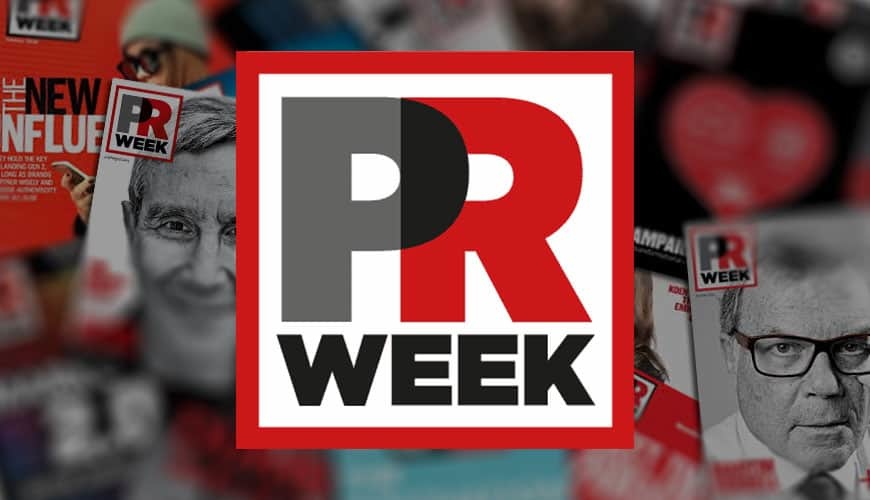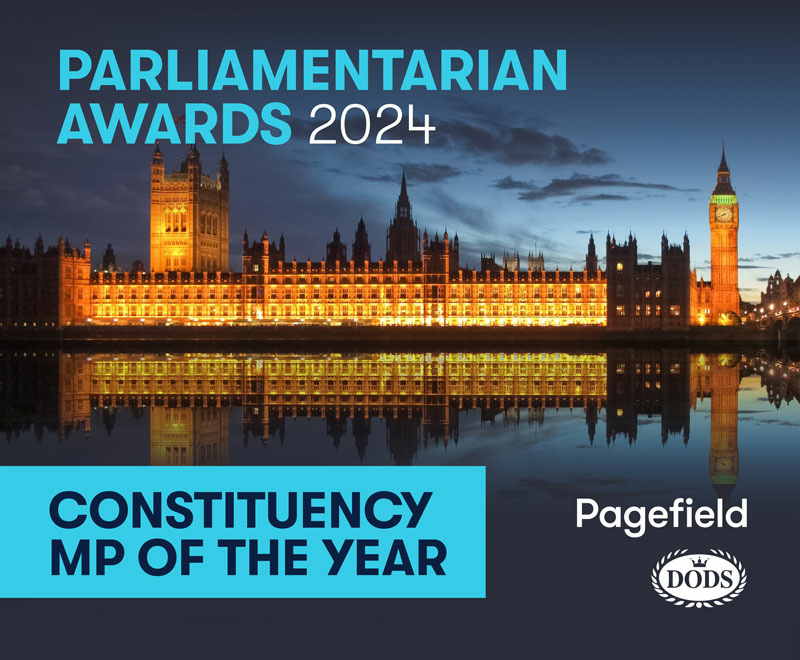As first reported in PR Week on 25/01/16 – featuring insight from our Managing Partner, Oliver Foster.
The news that Google will pay £130m ($185m) in UK back taxes may not buy the firm any reputational respite, and the fact that the payment was labelled “derisory” by critics may open up further questions, PRs say.
UK media widely reported on Saturday morning that the US tech giant had reached the agreement with HM Revenue & Customs, which the Government hailed as a victory and HMRC called “a substantial result”.
However, this was swiftly followed by a backlash from several quarters. The BBC reported shadow chancellor John McDonnell saying the amount was “derisory” and that it was equivalent to Google paying three per cent corporation tax – much lower than the actual rate. He also promised to raise the issue in Parliament.
The tax arrangements of Google and other multinationals including Starbucks in the UK and other countries have been the subject of much discussion and criticism in recent years – and in 2014 Google’s board rejected a shareholder proposal that it pay its “fair share of taxes”.
PRWeek asked three PR professionals for their views on Google’s £130m announcement.
Gay Collins, founding partner at Montfort Communications, said: “Consumer-facing companies take huge risks with their reputation if they try to ‘game’ the system to the detriment of their customers.
“Google has buckled under the pressure, but not before damage has been done. Companies should put the advice they get from their communications advisers on a par with their tax advisers and weigh up the risks carefully.”
Freelancer Alison Clarke, the former chief executive at Grayling UK & Ireland, said: “While Google’s decision to comply with changing tax rules is welcomed and messaged clearly, it does beg the question as to why it has previously had complex company structures that enabled it to minimise tax.”
She went on to say that the apparently “very favourable” nature of the deal for Google meant the news “raises more questions around reputation than it solves”.
“Will people feel better about it as an organisation? I doubt it. But it is the right step to take towards securing a more favourable environment in which to operate and grow in future,” she went on to say.
Oliver Foster, managing partner at the agency Pagefield, said the fact that ‘Google’ has become part of everyday language means tax questions do not appear to have harmed Google’s reputation so far.
He said: “What surprises me, though, is how little Google itself appears to have done to remind us all of how seriously impressive its service has become – and how much many of us rely on it for so much of our daily lives.”
Early voting in a PRWeek UK Twitter poll about the news suggested it might have no impact – positive or negative – on Google’s reputation.
Google did not return PRWeek’s request for comment, while a spokesman for HMRC sent the following statement: “The successful conclusion of HMRC enquiries has secured a substantial result, which means that Google will pay the full tax due in law on profits that belong in the UK. Multinational companies must pay the tax that is due and we do not accept less.
“HMRC enforces the tax rules impartially, irrespective of the size or structure of the business. Last year our compliance activities yielded £26bn in extra tax, including £7.3bn from the largest and most complex businesses.”




